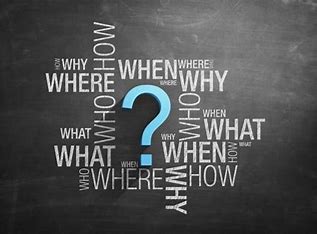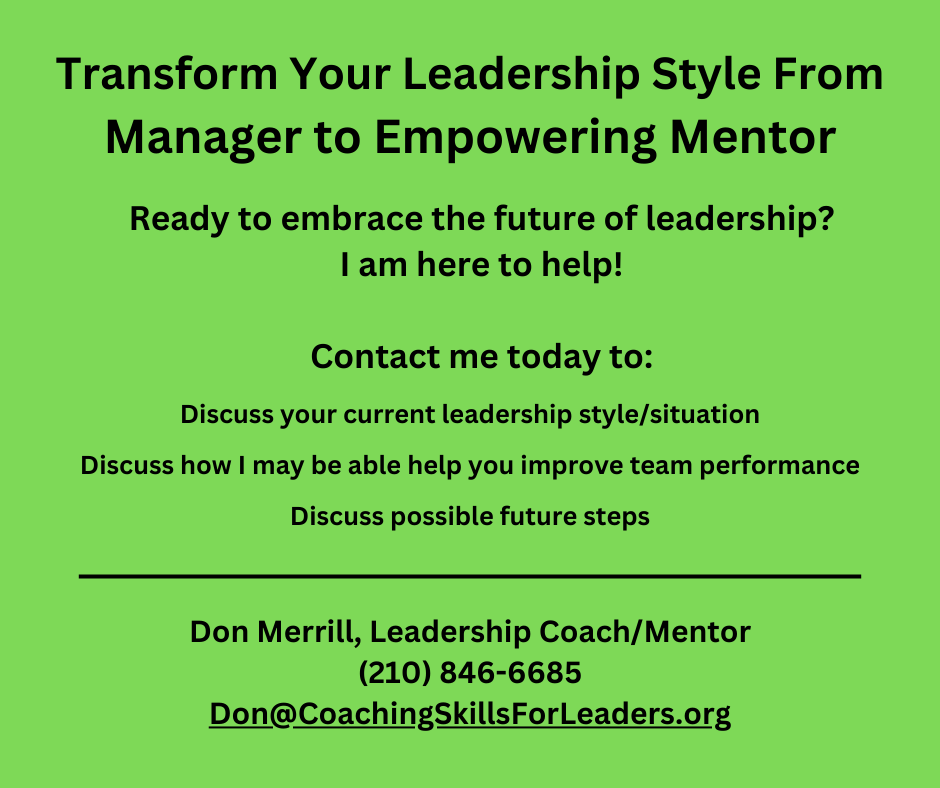
Introduction
Imagine you’re coaching a team member who’s struggling with prioritizing their tasks. They’re managing to get the job done, but you can sense they’re overwhelmed. Instead of offering advice right away, you ask one of your open-ended questions: “What part of your role would you like to feel more confident about?”
This simple, open-ended question sparks a moment of reflection. It helps your team members articulate their challenges and leads the conversation toward their needs. This is the power of open ended questions. They encourage self-reflection, build trust, and promote problem-solving—key elements in effective workplace coaching.
Open ended questions don’t just gather information—they unlock potential, guide discovery, and inspire action. Let’s explore how these questions work, why they’re essential in coaching, and how you can start using them today to elevate your leadership.
What Are Open-Ended Questions and Why Are They Essential in Workplace Coaching?
Open ended questions are those that require more than just a “yes” or “no” answer. These questions encourage a deeper level of thinking, problem-solving, and self-reflection. Typically, they begin with words like what, how, tell me about, or describe.
For example:
- “What’s been working well for you in your role?”
- “How did you approach that challenge?”
- “Tell me about a time when you felt successful at work.”
In contrast, closed-ended questions elicit short, factual responses, often limiting the conversation. Examples of closed-ended questions include:
- “Did you complete the task?”
- “Are you confident with this project?”
- “Do you need help?”
While closed-ended questions serve a purpose in gathering specific details, open ended questions foster exploration, encourage self-awareness, and help your team find their own answers. As a coach, your goal is not to provide all the solutions but to guide your team toward their own insights.
Top Benefits of Open-Ended Questions in Workplace Coaching
Open ended questions transform the coaching process in several powerful ways:
- Encourage Self-Reflection
Open ended questions prompt your team to reflect on their experiences, challenges, and successes. This reflection helps them gain clarity and a deeper understanding of their strengths and areas for growth. - Promote Ownership and Accountability
When your team identifies their own solutions, they’re more likely to take ownership of their actions. This increases accountability and motivation, as they feel personally invested in the outcomes. - Enhance Problem-Solving Skills
Asking open ended questions invites team members to think critically and creatively. This helps them develop problem-solving skills, empowering them to find solutions independently. - Build Trust and Rapport
When you ask open ended questions, you show that you value their perspective. This fosters trust and creates a safe environment where team members feel comfortable sharing ideas, challenges, and potential solutions. - Support Continuous Learning
Open ended questions push your team to reflect on their experiences and identify areas for improvement. This encourages continuous growth, fostering a mindset of learning and development.
How to Ask Open-Ended Questions: Examples for Effective Coaching
Now that you understand the benefits of open ended questions, let’s explore how you can use them in workplace coaching conversations to maximize their impact.
1. Performance and Goal Setting
Instead of asking, “Are you meeting your goals?”, try:
- “What progress have you made toward your goals this month?”
- “What strategies have helped you meet your targets?”
- “How do you feel about your current goals—are they still aligned with your priorities?”
These questions encourage your team to reflect on their progress and evaluate whether their goals are still aligned with their current priorities.
2. Problem-Solving and Decision-Making
Instead of asking, “Do you think this approach will work?”, ask:
- “What potential solutions do you see for this challenge?”
- “How might this approach impact the project, and what are the risks?”
- “What have you learned from past experiences that could help here?”
These types of questions help your team think through challenges and explore multiple solutions, which builds their critical thinking abilities.
3. Feedback and Development
Instead of asking, “Are you satisfied with your performance?”, ask:
- “What part of your performance are you most proud of?”
- “How do you feel about your recent work?”
- “What skills or support do you think would help you improve further?”
These questions invite your team members to reflect on their achievements and areas for improvement, making feedback more engaging and constructive.
4. Team Dynamics and Collaboration
Instead of asking, “Did you work well with the team on this project?”, try:
- “How did the team collaborate on this project?”
- “What role did you play in the team’s success?”
- “What could we do to improve collaboration in the future?”
These questions help your team evaluate their interactions, identify successful teamwork strategies, and explore opportunities for better collaboration moving forward.
5. Career Development and Aspirations
Instead of asking, “Do you want a promotion?”, ask:
- “What long-term goals do you have for your career?”
- “What types of projects excite you most?”
- “What development opportunities do you feel would help you grow?”
These open ended questions spark deeper conversations about career aspirations and growth, which helps align team members’ personal goals with organizational objectives.

Practical Tips for Asking Open-Ended Questions
To effectively integrate open ended questions into your coaching style, consider the following tips:
- Start with “What” or “How”
These question starters naturally encourage thoughtful responses. For example, “What challenges are you facing?” or “How can I support your goals?” - Be Patient with Silence
After asking an open-ended question, allow for a pause. Silence may feel uncomfortable, but it gives your team member time to reflect and respond thoughtfully. - Listen Actively
Open ended questions are only effective if you listen to the response. Pay attention without interrupting and use follow-up questions to explore answers further.
Avoid Leading Questions
Keep your questions neutral and avoid suggesting a specific answer. For example, instead of asking, “Don’t you think this solution will work?”, try “What do you think would be the best solution here?”
Reflection Questions and Action Items
Reflection Questions:
- How often do you use open ended questions in your coaching conversations?
- What responses have you received from your team when you use open ended questions?
- How comfortable are you with allowing silence after asking an open-ended question?
- What challenges do you face in asking open ended questions rather than offering direct advice?
- How do open ended questions influence the dynamic of your coaching conversations?
Action Items:
- Use at least one open-ended question in every one-on-one coaching session this week to encourage self-reflection.
- Create a list of 5-10 open ended questions tailored to your coaching goals and keep it handy during your sessions.
- Reflect on the impact of these questions. Are your team members more engaged? Are they offering more thoughtful responses?
Conclusion
Mastering the art of open ended questions is an effective way to elevate your coaching. These questions promote self-reflection, accountability, and problem-solving skills, helping your team take ownership of their development. By integrating open ended questions into your coaching practice, you’ll foster deeper conversations, build stronger relationships, and support continuous growth within your team.
I hope you found this article informative and helpful,
Don Merrill, Leadership Coach/Mentor
Don@CoachingSkillsforLeaders.org

PS: please share or repost this article for others to read.
Recent Articles:
71 Powerful Questions to Ask When Coaching an Employee
5 Coaching Questions that Will Help Grow and Retain Employees
Related Videos:
What are Open Ended Questions? Examples. When to ask?
Summarizing and Asking Open-Ended Questions
Related Books:
“Coaching Questions: A Coach’s Guide to Powerful Asking Skills” by Tony Stoltzfus is a practical guide to mastering the art of asking transformative questions. It includes sample questions and techniques to help coaches deepen their conversations and empower clients to find their own answers. It’s ideal for both new and experienced coaches looking to refine their inquiry skills.
“The Coaching Habit: Say Less, Ask More and Change the Way You Lead Forever” by Michael Bungay Stanier is one of the most popular and highly recommended books on coaching. It emphasizes simplicity in coaching through seven essential questions that drive meaningful conversations while empowering others to think for themselves.
“Just Listen: Discover the Secret to Getting Through to Absolutely Anyone” by Mark Goulston. This book focuses on connecting with others through deep listening and thoughtful questioning. It emphasizes being “more interested than interesting,” making it a valuable resource for building trust and rapport in coaching conversations.
